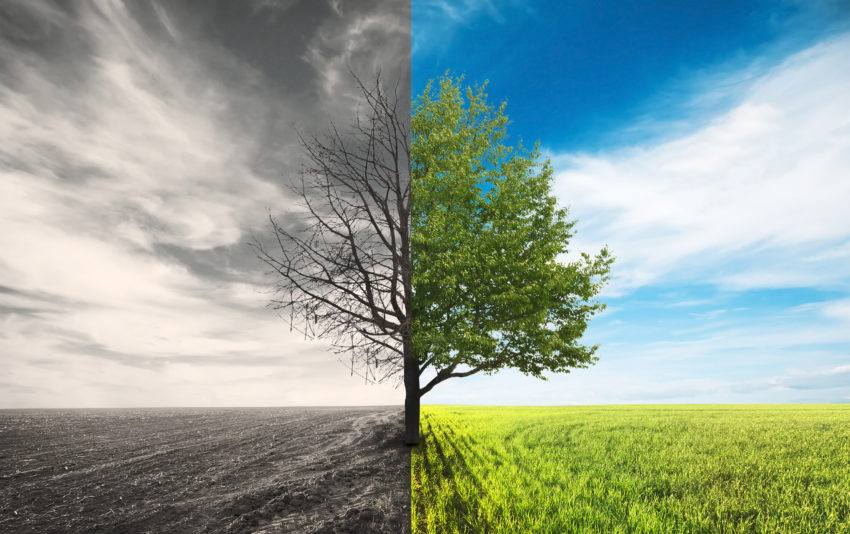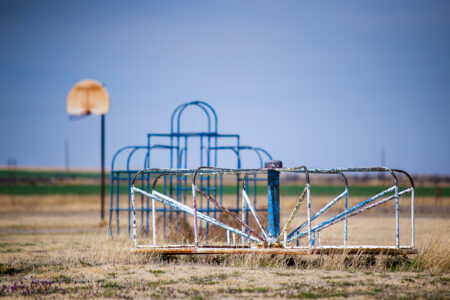
Share On Social!
Most Americans underestimate just how concerned Latinos and other minority groups are about environmental threats, including members of those groups, according to a new study by Cornell University.
Researchers surveyed 1,200 Americans about their levels of concern for the environment.
They found widespread underestimation of the environmental concerns of a broad range of racial/ethnic and sociodemographic groups. This underestimation was largest for judgments of minorities’ and low-income Americans’ concerns—groups that indicate high levels of environmental concern in public opinion surveys.
Also, most people associate the term “environmentalist” with whites and the well-educated.
“We found a very consistent pattern that if the American public thought a group was very low in concern, in fact that same group was reporting high levels of concern,” said study co-author Jonathon Schuldt of Cornell University in a press release.
Latinos and the Environment
Past research indicates that Latinos are worried about the environment.
 In fact, more than three of four Latinos worry about global warming and climate change, a higher worry rate than their peers, according to a recent survey by the Yale Program on Climate Change Communication.
In fact, more than three of four Latinos worry about global warming and climate change, a higher worry rate than their peers, according to a recent survey by the Yale Program on Climate Change Communication.
Latinos even support big environmental policy change.
But fewer Latinos view themselves as activists—a sentiment reinforced by the new Cornell University study. Latinos may not feel comfortable reaching decision makers or taking action on the environment.
This underscores the need to talk about climate change and health among Latinos.
Cornell Study Implications
The new study has big implications for environmental advocacy and policy.
“If policymakers, scholars and practitioners endorse similar views, these misperceptions may influence which groups’ perspectives get prioritized and may contribute to the historical marginalization of minority and lower-income populations [ such as Latinos],” according to the press release.
It’s also critical to showcase heroes of climate change.
For example, faith-based and community groups are engaging their constituents to elevate climate action and solutions across the nation.
The Let’s Lead on Climate guide also shows key insights and lessons learned from real health professionals, faith leaders, and local community organizations across the country who stepped up as “climate leaders.”
What can you do in your community?!
Explore More:
Green & Active SpacesBy The Numbers
33
percent
of Latinos live within walking distance (<1 mile) of a park



